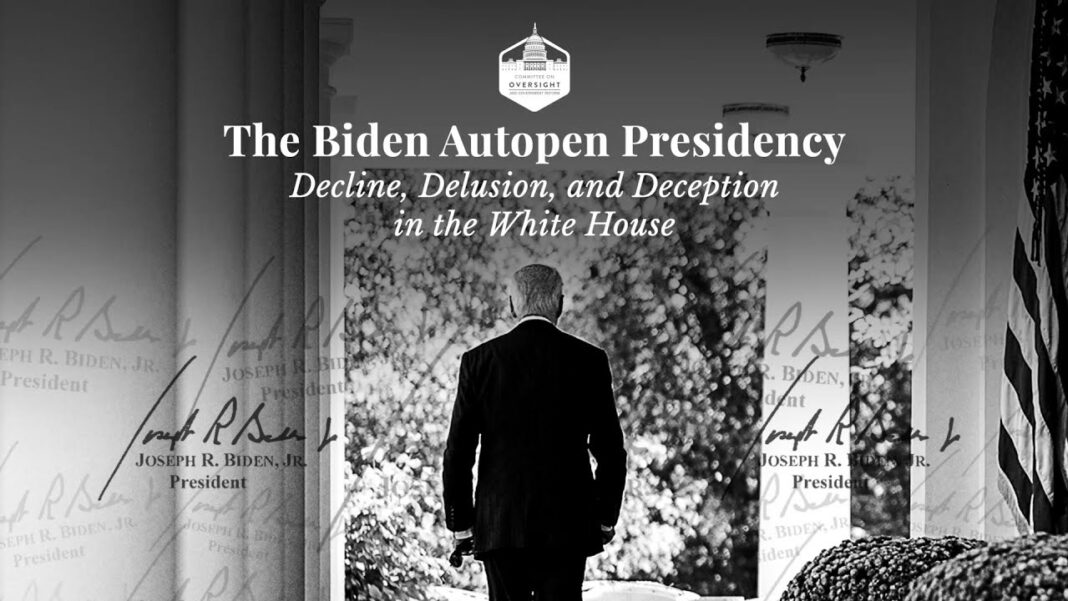‘People will be able to live and thrive in most places on Earth for the foreseeable future,’ Bill Gates said in a hotly debated op-ed.
Tech billionaire Bill Gates’s recent blog post stating that the “doomsday view” of environmental and social catastrophe from global warming is wrong appears to mark a significant shift in the debate over climate change.
While reiterating the orthodoxy that climate change will have “serious consequences” and will hurt poor people the most, Gates goes on to say that “it will not lead to humanity’s demise.”
“People will be able to live and thrive in most places on Earth for the foreseeable future,” he said.
Written as a message to attendees of the U.N. Climate Change Conference in Brazil, which begins on Nov. 10, Gates’s op-ed states that the biggest problems the world faces are poverty and disease, not rising temperatures.
This contrasts with his previous statements on the subject, including his 2021 book, “How to Avoid a Climate Disaster,” in which he says climate change is one of humanity’s greatest challenges and predicts that it could cause more deaths than the COVID-19 pandemic, which killed millions of people worldwide.
Similarly, U.N. Secretary-General António Guterres declared in 2022 that all nations must end their reliance on fossil fuels “before climate catastrophe closes in on us all.”
Gates joins others who are stepping back from dire predictions about rising temperatures attributed to the burning of oil, gas, and coal.
Ted Nordhaus, founder of the climate-focused Breakthrough Institute, wrote in 2007, “If we continue to burn as much coal and oil as we’ve been burning, the heating of the earth will cause the sea levels to rise and the Amazon to collapse, and, according to scenarios commissioned by the Pentagon, will trigger a series of wars over the basic resources like food and water.”
In an August blog post, Nordhaus said: “I no longer believe this hyperbole. Yes, the world will continue to warm as long as we keep burning fossil fuels. And sea levels will rise. … But the rest of it? Not so much.”
What has changed?
Critics of the claims that the climate changes as a result of human action and that the changes constitute an urgent existential crisis say that the most dire predictions from climate change models—the escalation of “extreme weather,” the flooding of Pacific island nations and coastal cities because of rising sea levels, the loss of coral reefs, and the loss of arctic sea ice—appear to be overstated. While climate change activists continue to maintain that their predictions are largely correct, the scientific debate on global warming has become more nuanced, upending the view that there was a scientific consensus regarding climate catastrophe.
“The media, until recently, has had a stranglehold on what gets put out there, and most of the public have only heard extreme alarmist scenarios of climate and planetary doom,” Greg Wrightstone, executive director of the CO2 Coalition, which has challenged the so-called consensus regarding climate change, told The Epoch Times. “We’ve been saying all along that once the dam breaks—and hopefully it’s breaking now—we will be able to get the truth in front of not just the American people, but the world.”







